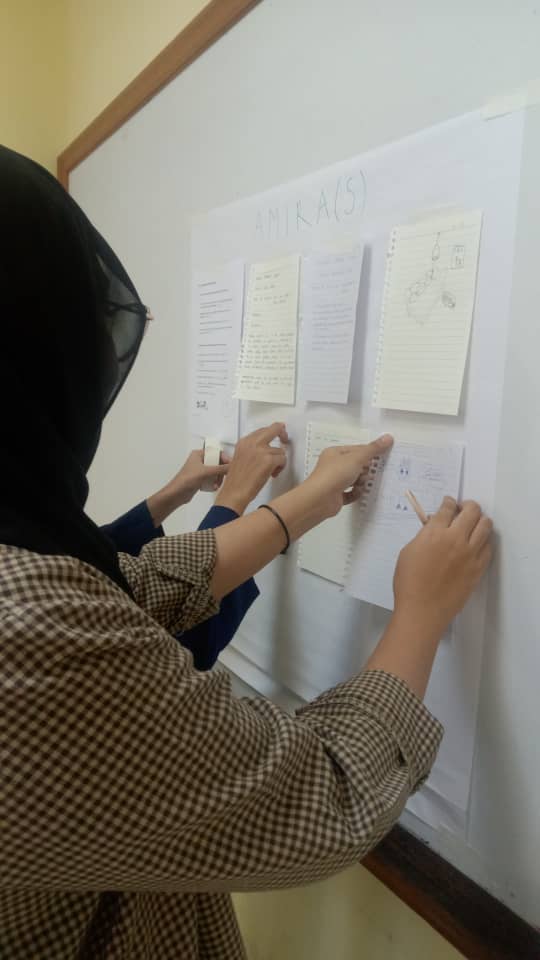
JENGKA, 21 JUNE 2024 – English vocabulary expansion, despite it being daunting for both native and non-native users, is crucial when students start a new academic life at the college level. It is the level where students are expected to grow the size of their English word treasure, given the ubiquitousness of this language in most of their assignments of different modes and forms – written, verbal, auditory and even visual. Despite the awareness that college life in Malaysia is almost synonymous to getting more English exposure, not many students can appreciate the simple fact that reading can be a great help in enhancing theirs!
Be it for academic purposes, general knowledge or for fun, reading can be very good for students – with its benefits reaching far beyond their English mastery and good grades. Knowing this fact really well, a group of English lecturers from the Academy of Language Studies, Pahang (Jengka) came up with a set of fun reading activities, with the objective to help students improve their vocabulary. Organized on June 21st, 2024 through a special project called the Language Enhancement Workshop (LEW), the session involved a group of UiTM Jengka students from the faculty of Business and Management, BA132.
The two-hour session started with a talk given by Ms. Maziana Osman entitled “Improving Vocabulary through Reading Activities”. With more than 30 years of teaching experience under her belt, students were exposed to a lot of information. One of the most interesting sharing was a research finding that suggests the connection between people’s size of vocabulary and their managerial positions. In addition, the talk also provided some reading tips to students, which was later followed by an hour of fun vocabulary games where students were introduced to good English magazines like Reader’s Digest and others.
Bava Harji, Balakrishnan, Kaur Bhar and Letchumanan (2015) in their study on Malaysian undergraduates’ vocabulary size claim that limited vocabulary can impair students’ learning. The finding here reiterates the importance of vocabulary to language learners, the achievement of which, should not be exclusively purposed for academic grades and CGPA. Vocabulary expansion through reading instead should follow John McWhorter’s romantic but more purposeful take. To this American linguist, “loving your language means a command of its vocabulary beyond the level of the everyday” Simply put, vocab expansion should be a love matter, a love language for language lovers, the one that is not done solely to pass a language paper, or even just to get good marks for an assignment. Only when this is done, vocab expansion can be natural and dauntless thus more holistically purposeful.
